Home>Home Maintenance>What Does It Mean If Your Property Assessment Goes Up


Home Maintenance
What Does It Mean If Your Property Assessment Goes Up
Modified: March 6, 2024
If your property assessment goes up, it could mean an increase in your home-maintenance costs. Stay informed and prepared with our expert advice.
(Many of the links in this article redirect to a specific reviewed product. Your purchase of these products through affiliate links helps to generate commission for Storables.com, at no extra cost. Learn more)
Introduction
Welcome to the world of home maintenance! As a homeowner, it’s important to understand all aspects of your property, including its value and how it is assessed. One key element in this process is the property assessment. Whether you’ve recently received a notice that your property assessment has increased or you simply want to be prepared for potential changes, this article will guide you through the ins and outs of property assessments.
A property assessment is an evaluation of the value of your property conducted by an official assessor who works for the local government or a designated agency. This assessment plays a crucial role in determining property taxes, as it serves as the basis for calculating the amount you owe.
In simple terms, if your property assessment goes up, it means that the assessor has determined that your property’s value has increased compared to its previous assessment. This can have a direct impact on your property taxes and potentially affect your budgeting.
In the following sections, we’ll explore the factors that influence property assessments, the reasons for increases in property assessments, and how these assessments can affect your taxes. We’ll also address some common challenges and concerns associated with property assessments, as well as the process of appealing a higher assessment. By the end of this article, you’ll have a clearer understanding of what it means when your property assessment goes up and how you can navigate this situation.
Key Takeaways:
- Property assessments determine your property’s value and affect your taxes. Factors like location, size, and market trends influence assessments. Understanding this process helps you navigate potential changes and appeals.
- If your property assessment goes up, it means your property’s value has increased. This can impact your property taxes, but you can appeal if you believe the assessment is incorrect. Understanding the appeals process is crucial.
Read more: What Does Property Assessment Mean
Understanding Property Assessments
Before delving into the reasons for increases in property assessments, it’s essential to comprehend the concept of property assessments themselves. As mentioned earlier, a property assessment is an evaluation of the value of your property conducted by a professional assessor. This assessment is typically based on the market value of the property, which is determined by factors such as location, size, condition, and recent real estate trends in the area.
The purpose of a property assessment is to ensure that property taxes are fairly distributed among homeowners within a municipality. By assigning a value to each property, the local government can calculate the appropriate tax amount that each homeowner should pay.
The assessment process may vary depending on the jurisdiction, but it generally involves a combination of on-site inspections, data analysis, and market research. The assessor will gather information about your property, including its size, age, features, and any recent improvements. They may also take into account factors such as nearby amenities, schools, transportation, and property sales in the area.
Once the assessment is complete, you will receive a notice indicating the assessed value of your property. This value serves as the basis for calculating your property taxes for the given year. It’s important to review this notice carefully and contact the assessing authority if you have any questions or concerns.
Property assessments are usually conducted on a regular basis, often every few years. This ensures that property values are kept up-to-date and reflect any changes in the real estate market. It’s important to note that assessments are not static and can fluctuate over time. Therefore, it’s crucial to understand how these assessments are determined and what factors can influence them.
In the next section, we will explore the various factors that can influence property assessments, shedding light on why your property assessment may have gone up.
Factors that Influence Property Assessments
Property assessments are influenced by a variety of factors that help determine the value of your property. Understanding these factors can give you insight into why your property assessment may have increased. Here are some key elements that assessors take into account:
- Location: The location of your property plays a significant role in its value. Properties in desirable neighborhoods, close to amenities, and with good school districts often have higher assessments compared to properties in less sought-after areas.
- Size and condition: The size and condition of your property are important considerations. Larger homes or properties with additional features like a garage, swimming pool, or outdoor living space may have higher assessments. Similarly, well-maintained properties tend to have higher values than properties in poor condition.
- Recent sales: The sale prices of similar properties in your area can influence your property assessment. Assessors often look at recent sales data to determine the market value of your property. If there have been multiple sales of similar properties in your vicinity at higher prices, it may result in an increase in your assessment.
- Real estate market trends: Assessors also consider the overall real estate market trends in your area. If property values in your region have been rising, it’s likely that your assessment will increase as well.
- Improvements: Any recent improvements or renovations you have made to your property can impact your assessment. Adding a new kitchen, bathroom, or additional bedroom can increase the value of your property and subsequently lead to a higher assessment.
- Age of the property: The age of your property can also influence its assessment. Older properties may have lower assessments compared to newer constructions, as they might require more maintenance and updates.
It’s important to note that these factors can vary depending on your local jurisdiction and assessing authority. Assessors follow guidelines and regulations set by their respective municipalities to ensure a fair and consistent assessment process.
Now that you have a better understanding of the factors that influence property assessments, let’s explore the reasons why your property assessment may have increased.
Reasons for Increases in Property Assessments
If your property assessment has gone up, there are several reasons that could explain this increase. While each situation is unique, here are some common factors that may contribute to higher property assessments:
- Real estate market appreciation: One of the most common reasons for an increase in property assessments is the appreciation of real estate values in your area. If the market experiences a surge in property values, it is likely that your property assessment will reflect this increase.
- Neighborhood improvements: If there have been significant improvements in your neighborhood, such as the construction of new schools, parks, or infrastructure upgrades, it can positively impact property values. Assessors consider these improvements when determining the assessment of properties in the vicinity.
- Property improvements: Have you recently made improvements or renovations to your property? Adding a new addition, updating your kitchen or bathroom, or enhancing your landscaping can increase the value of your property and result in a higher assessment.
- Comparable sales: Assessors often look at recent sales of similar properties in your area to determine the market value of your property. If there have been multiple sales at higher prices, it can lead to an increase in your property assessment.
- Reassessment schedule: Property assessments are typically conducted on a regular basis, with reassessments taking place periodically. If your jurisdiction has recently completed a reassessment cycle, it’s possible that your property assessment has been adjusted to better reflect its current value.
- Corrections to previous assessments: Sometimes, a property assessment may have been incorrect in previous years. If this is the case, a reassessment may lead to an increase in the current assessment as it aligns with the accurate value of your property.
It’s important to understand that an increase in your property assessment does not necessarily mean that your property taxes will automatically rise by the same amount. The tax rate set by your local government and any applicable exemptions or deductions will also factor into the calculation of your property tax bill.
Now that you have an understanding of the reasons behind increases in property assessments, let’s explore how these assessments affect your taxes.
If your property assessment goes up, it means the value of your property has increased. This could result in higher property taxes. You can appeal the assessment if you believe it’s too high.
How Property Assessments Affect Taxes
Property assessments play a crucial role in determining the amount of property taxes you owe. Understanding how these assessments affect your taxes is important for budgeting and financial planning. Here’s how property assessments and taxes are interconnected:
1. Taxable value: Property assessments establish the taxable value of your property. This value is used by local tax authorities to calculate your property taxes. The higher the assessed value of your property, the higher the taxable value and potentially, the higher your property tax bill.
2. Tax rates: Property tax rates are set by your local government and are usually expressed as a percentage of the property’s assessed value. The tax rate may differ from one jurisdiction to another. When your property assessment increases, the tax rate remains the same, but the higher assessed value can result in a higher tax bill.
3. Comparison to average assessments: Property assessments are not only used to calculate individual property taxes but also to ensure fairness across all property owners. Assessors aim to maintain consistency and equity by comparing assessments with average values in the area. If your assessment significantly differs from the average, it may result in adjustments to ensure fairness in taxation.
4. Exemptions and deductions: Some jurisdictions offer exemptions or deductions for certain property owners, such as senior citizens, veterans, or properties used for agricultural purposes. These exemptions or deductions may allow you to reduce your property taxes, regardless of the assessment value. Be sure to research and understand the available exemptions and deductions in your area.
It’s important to note that property tax bills are not solely based on property assessments. Your tax bill will also include other factors like local government budgets, municipal services, and any additional levies or fees that may apply to your property.
When your property assessment increases, it’s advisable to review your property tax bill and ensure that the calculations are accurate. If you feel that your assessment is incorrect or significantly higher than it should be, there may be an opportunity to appeal the assessment. We will explore this process in more detail later in this article.
Now that you have a better understanding of how property assessments affect your taxes, let’s discuss some challenges and concerns associated with property assessments.
Challenges and Concerns with Property Assessments
While property assessments serve an important purpose in determining property values and taxes, there are a few challenges and concerns that homeowners may encounter. Here are some common issues associated with property assessments:
1. Accuracy of assessments: Assessors strive to be accurate, but mistakes can happen. Inaccurate assessments can result in either an overvaluation or undervaluation of your property. Incorrect assessments can lead to unfair taxation or missed opportunities for tax savings.
2. Discrepancies in property values: Property assessments are not always in line with market values. Factors such as a slow real estate market or outdated assessments may result in a discrepancy between the assessed value and the actual market value of your property.
3. Unequal assessments: It’s not uncommon for homeowners to feel that their property assessment is higher than neighboring properties with similar characteristics. Inconsistencies in assessments can lead to perceived inequalities in property taxes.
4. Financial burden: An increase in property assessments can lead to higher property taxes, which may pose a financial burden for some homeowners. It’s crucial to budget and plan accordingly to accommodate potential increases in taxes.
5. Appeals process: If you disagree with your property assessment, it’s important to be aware of the appeals process in your jurisdiction. However, appealing an assessment can be a time-consuming and complex process, requiring gathering evidence and presenting a strong case.
To address these challenges and concerns, it’s essential to stay informed about the assessment process in your area and be proactive in reviewing and understanding your property assessment notices. Maintaining accurate records of your property’s condition and any improvements made can also be valuable when discussing assessments with authorities.
Speaking of appeals, let’s explore the process of appealing a higher property assessment in the next section.
Appealing a Higher Property Assessment
If you believe that your property assessment is incorrect or significantly higher than it should be, you have the option to appeal the assessment. The appeals process provides an opportunity to present evidence and arguments to challenge the assessed value of your property. Here’s a general guide on how to appeal a higher property assessment:
1. Understand the deadlines: Familiarize yourself with the deadlines for filing an appeal. Missing the deadline may result in your appeal being dismissed. The deadlines vary depending on your jurisdiction, so be sure to check with your local assessing authority for specific details.
2. Gather supporting evidence: Collect evidence to support your case. This could include recent property sales in your area, assessments of similar properties, appraisals, or any pertinent documentation that demonstrates that the assessed value is inaccurate. It’s important to compile a strong body of evidence to support your appeal.
3. Review the appeal procedure: Consult the guidelines provided by your local assessment authority regarding the appeals process. Each jurisdiction may have different requirements and procedures to follow. Understanding the specific steps and documentation needed will help you navigate the process effectively.
4. Submit your appeal: Prepare a written appeal letter that clearly explains why you believe the assessed value is incorrect. Include your supporting evidence and any relevant information. Follow the instructions provided by your local assessing authority on where and how to submit your appeal.
5. Attend the hearing: In some cases, an in-person hearing may be scheduled to present your case. Prepare your arguments and bring along your evidence. Be respectful and professional during the hearing and present your case clearly and succinctly.
6. Review the decision: Once your appeal is considered, you will receive a decision. If your appeal is successful, the assessed value of your property may be adjusted. However, if your appeal is denied, you may have the option to further pursue the matter through additional levels of review or, if applicable, through the court system.
It’s important to note that the appeals process can vary depending on your jurisdiction and local regulations. It may also involve certain fees or administrative procedures. Therefore, it’s advisable to consult with a real estate professional or an attorney who specializes in property tax appeals to guide you through the process.
By following these steps and presenting a well-prepared case, you can potentially obtain a fair and accurate assessment for your property. Now, let’s conclude our discussion on property assessments.
Conclusion
Understanding property assessments is crucial for homeowners who want to stay informed about the value of their property and how it impacts their taxes. By grasping the factors that influence property assessments and the reasons for increases, homeowners gain insight into the assessment process.
Property assessments are not without their challenges and concerns. Inaccurate assessments, discrepancies in property values, and unequal assessments can lead to frustration and financial burdens. However, homeowners have the option to appeal their property assessments if they believe the assessed value is incorrect. By gathering evidence, understanding the appeals process, and presenting a strong case, homeowners can possibly achieve a fair and accurate assessment.
Remember, property assessments are used to determine the taxable value of your property and play an essential role in calculating property taxes. Keeping track of local market trends, understanding your property’s value, and being proactive in reviewing assessment notices are valuable practices to ensure you are properly taxed.
Stay informed about your local jurisdiction’s assessment practices and assessment cycles. By staying knowledgeable, you can better navigate any changes in property assessments and prepare for potential increases or appeals accordingly.
Property assessments are not solely about taxes. They also provide homeowners with a snapshot of their property’s value and can be used as a gauge for potential equity and investment opportunities. By understanding property assessments, homeowners can make informed decisions regarding their property and financial goals.
In conclusion, property assessments are an important and necessary aspect of homeownership. By understanding how assessments are conducted, the factors that influence them, and how they impact your taxes, you can navigate the assessment process with confidence and ensure that you are paying fair and accurate property taxes.
Frequently Asked Questions about What Does It Mean If Your Property Assessment Goes Up
Was this page helpful?
At Storables.com, we guarantee accurate and reliable information. Our content, validated by Expert Board Contributors, is crafted following stringent Editorial Policies. We're committed to providing you with well-researched, expert-backed insights for all your informational needs.



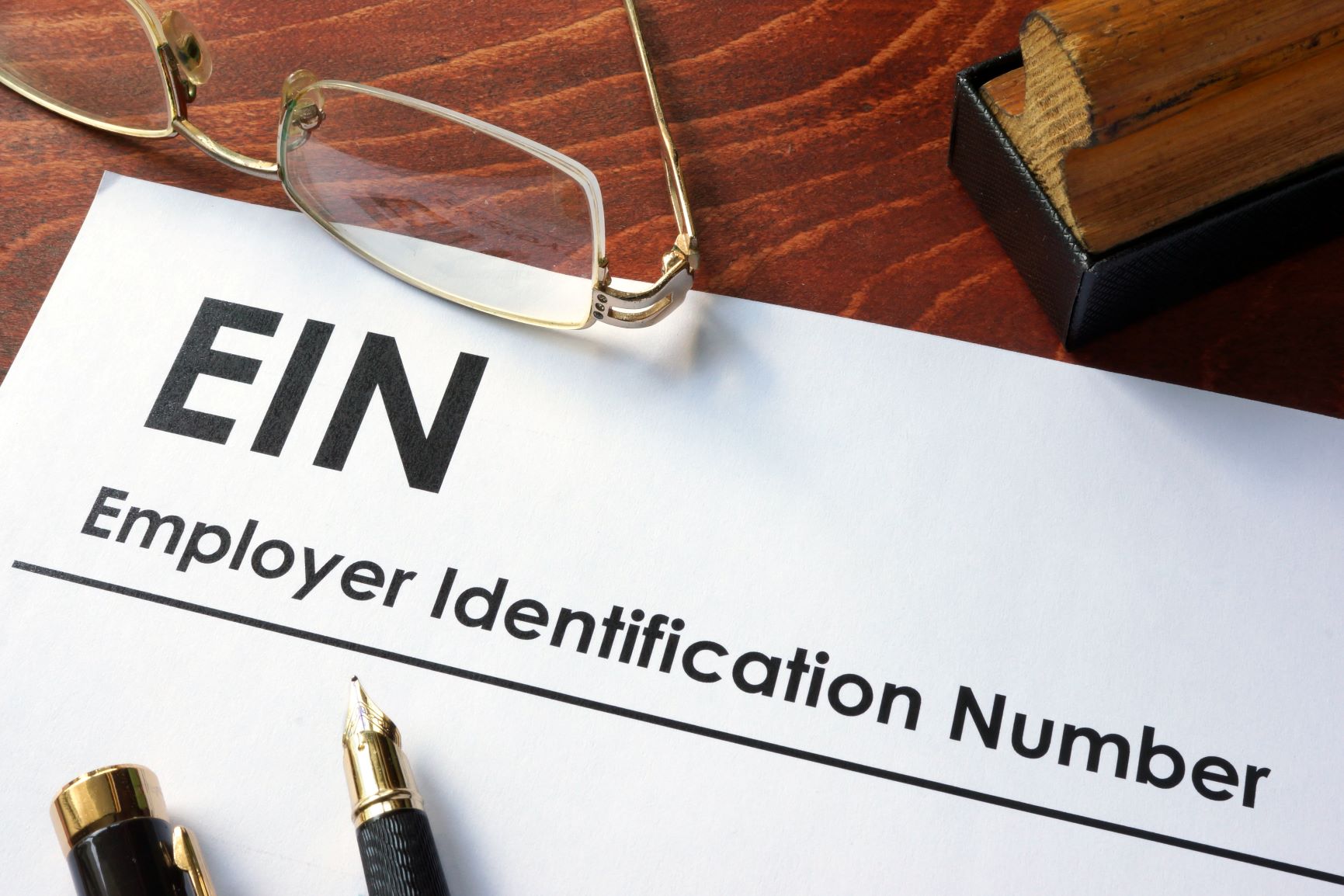


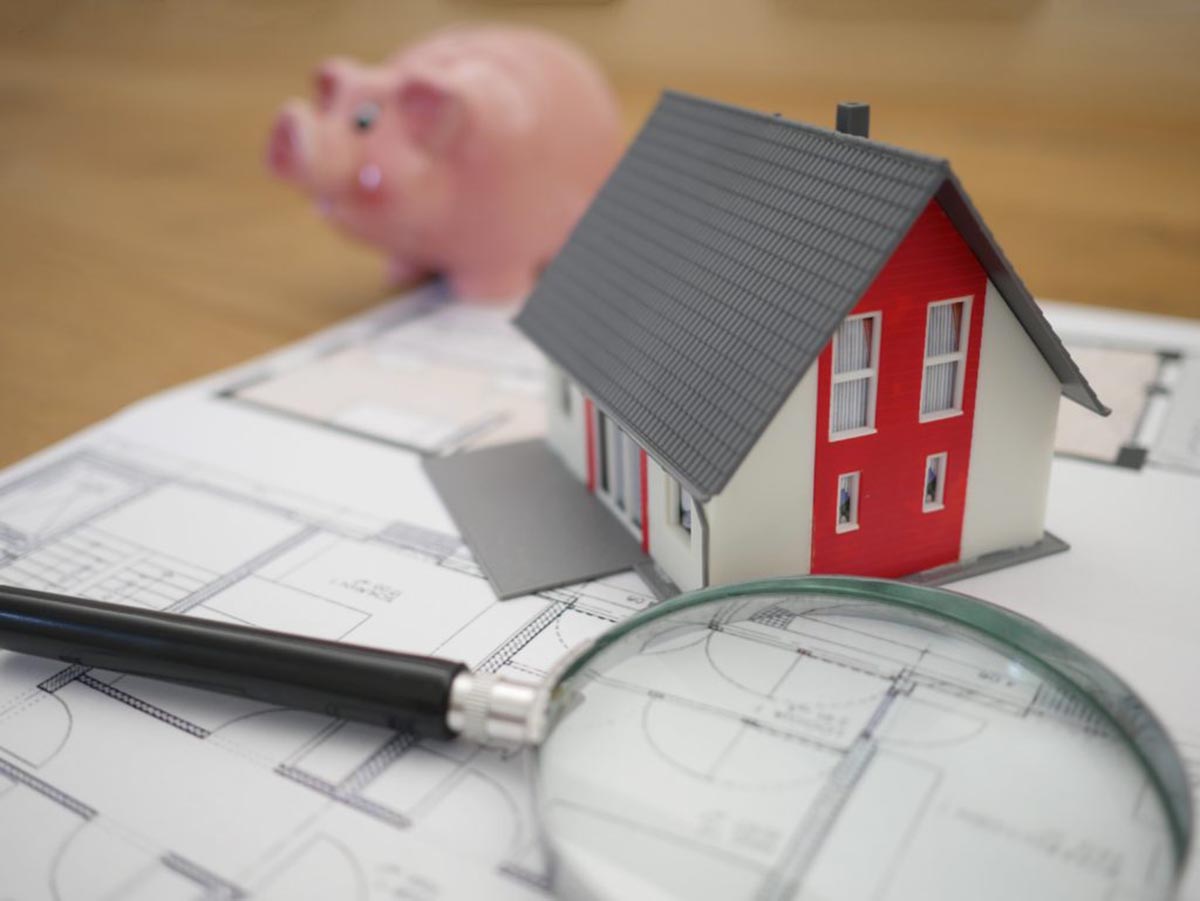

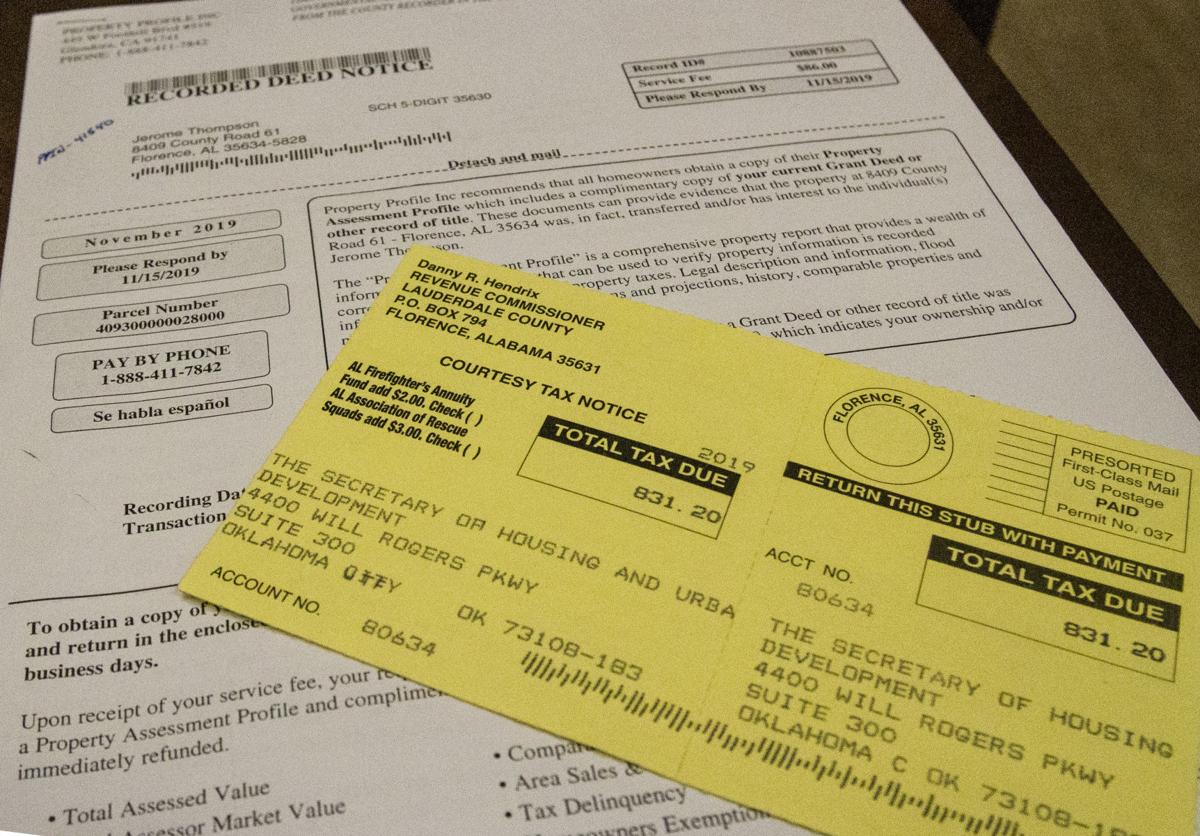
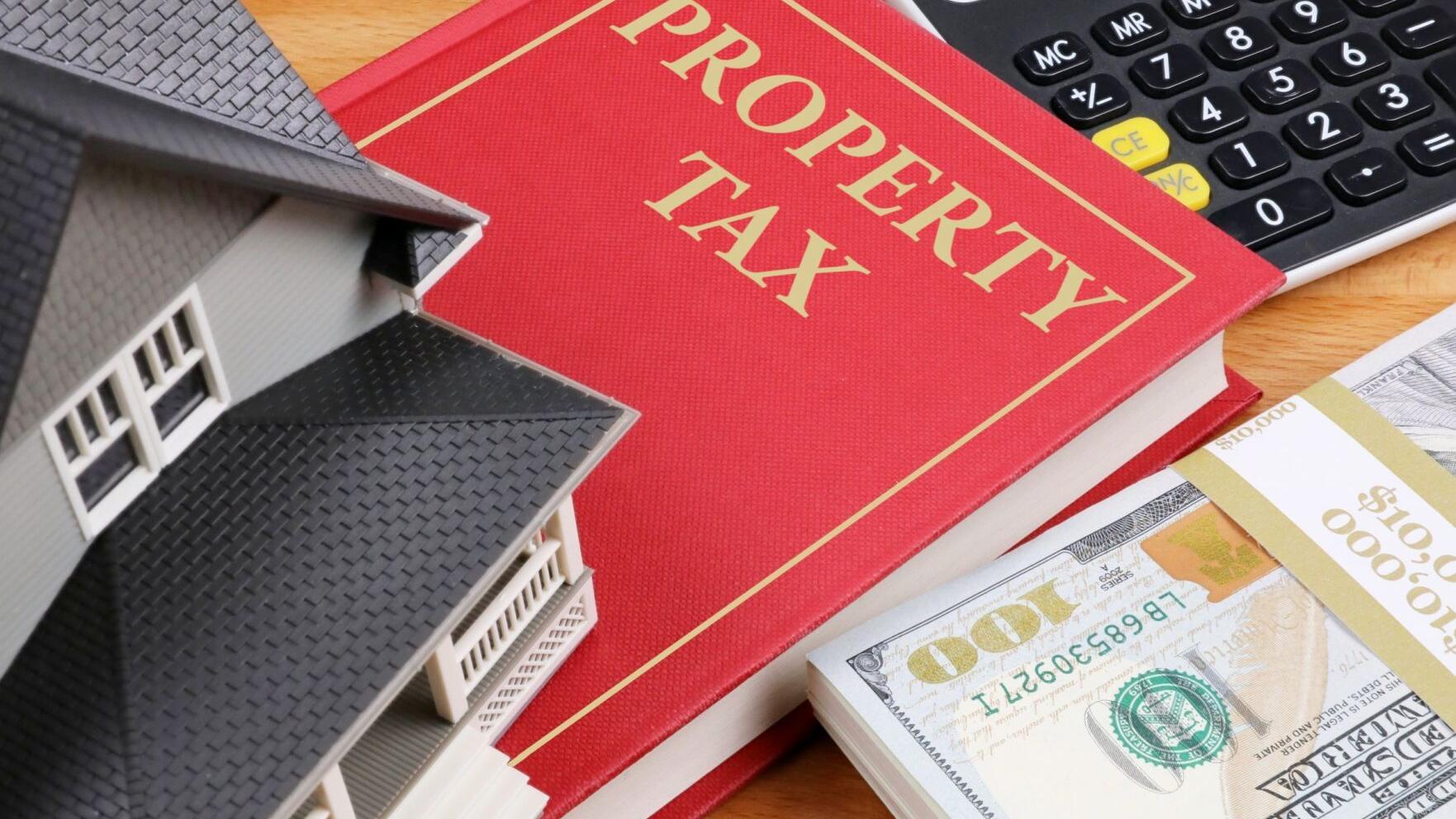
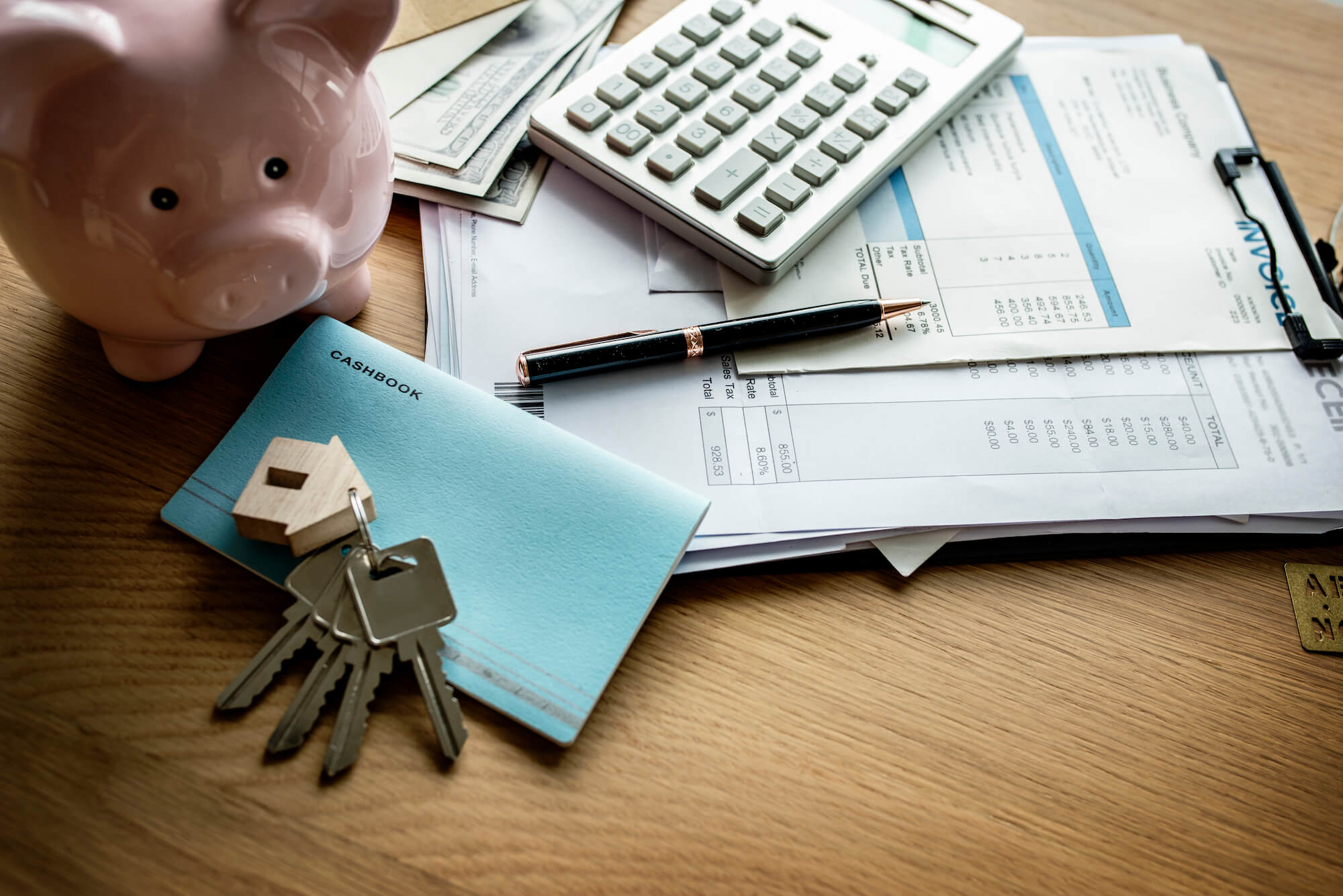
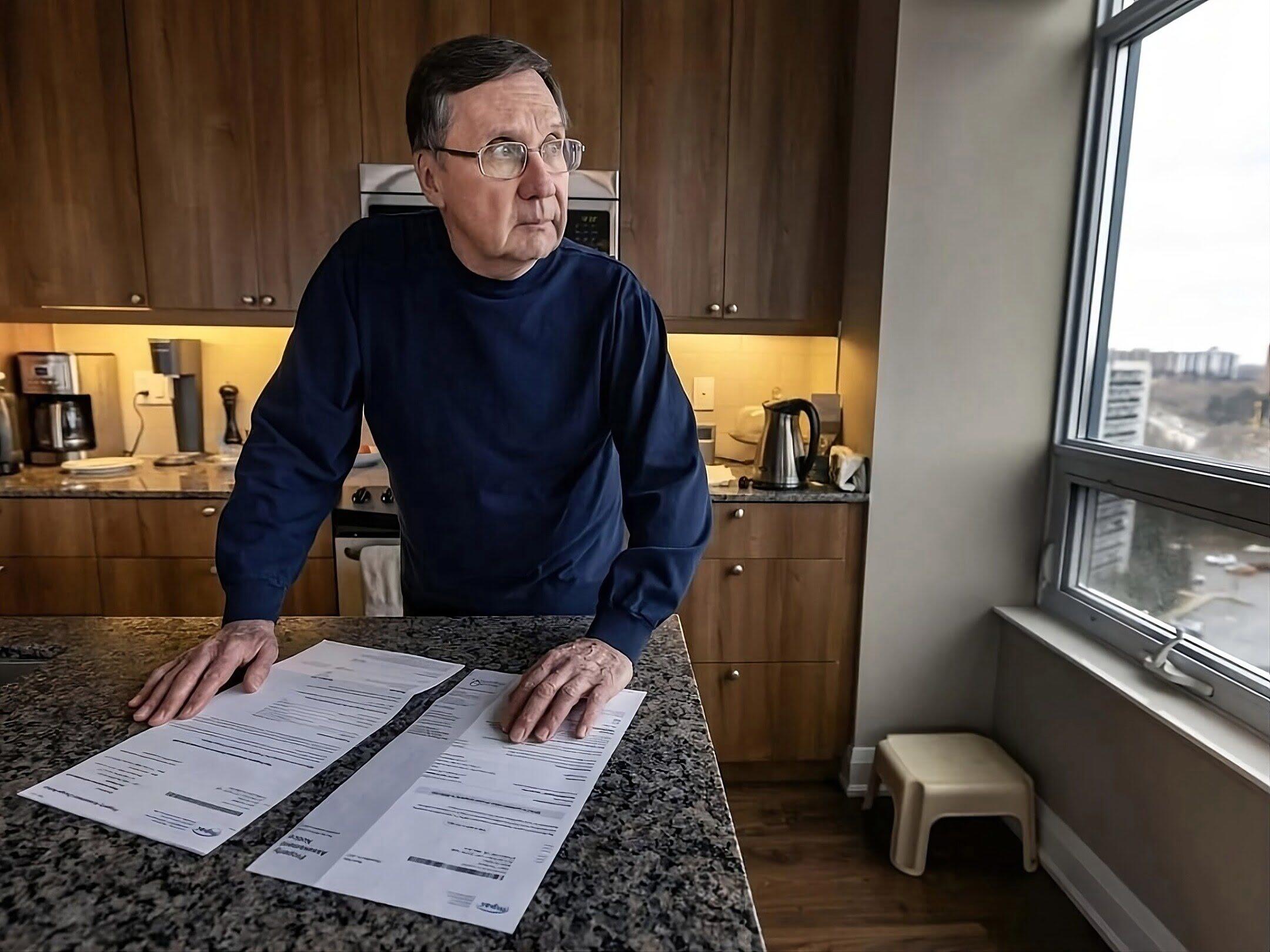



0 thoughts on “What Does It Mean If Your Property Assessment Goes Up”